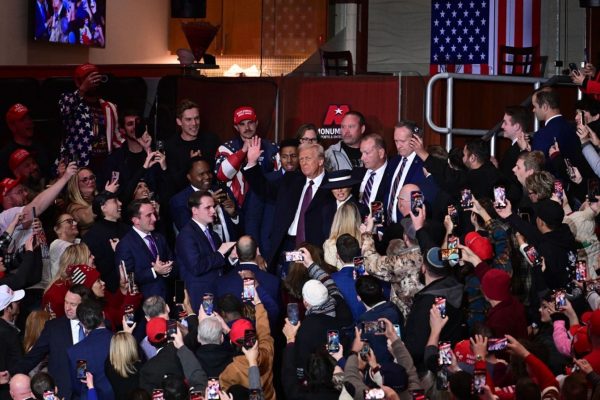FAA Regulations Cause Concern for Drone Owners
In earlier decades, science fiction portrayals of future technology often had a similar theme. Works such as The Jetsons, Blade Runner, and Back to the Future each included flying cars, making them commonplace in depictions of the future. So now that it’s 2016, many Americans are left wondering “Where’s my flying car?”
While flying cars may not be in today’s garages, drones are a close alternative. Drones have soared in popularity, as the Federal Aviation Administration reported that about 1 million drones, or small unmanned aerial vehicles (UAVs), were sold this Christmas.
GeekWire reports that commercial drone sales will increase by 84% in 2016. More and more companies and consumers are hopping on the new wave of opportunity that drones provide.
As the popularity of drones increases, so do concerns over safety and privacy. Regardless of whether or not they actually pose an imminent threat, the FAA released new regulations on drones, which require registration for any UAS over 0.55 pounds.
Drone registration costs $5, and the only thing each owner gets is an identification number. A fee for registration makes it seem as if the FAA just wants to make a quick buck off of unsuspecting drone owners, so that they can cash in on the boom of drone popularity.
The FAA’s registration requirements have been in recent news because of Newsweek’s story on John Taylor, a man who is suing the FAA over the legality of its drone registration program.
Newsweek reports that “To Taylor, the FAA’s registration program is a newly made and legally overreaching regulation.” Consumers like Taylor are becoming concerned about protecting their rights.
When considering commercial drones, which the FAA plans to regulate in 2016, many people are pushing for tighter restrictions.
What lawmakers and other critics fail to observe are the benefits that drones can bring to society. Rather than be paranoid over their security, people need to understand the good that drones can bring.
The agriculture industry can use drones to their advantage, as crop surveying is faster and cheaper with the use of UAVs. Film-makers and journalists also benefit from using drones, as aerial views and other tricky camera shots are now made easier than ever.
Intel CEO Brian Krzanich even thinks that drones can eventually replace fireworks. As reported in The Telegraph, Krzanich said, “I see a future where fireworks and all their risks of smoke and dirt are a thing of the past, and they’re replaced by shows that have unlimited creativity and potential – and powered by drones.”
Meanwhile, Google plans to deliver packages by using drones in the year 2017, according to BBC. Google’s service, called Project Wing, along with ventures from Amazon and Alibaba, will make unmanned delivery programs a reality.
Not only are drones convenient for everyday use, but they can also help out police and fire departments. The Las Vegas Sun reports that the Clark County Fire Department and Metro Police are exploring drone use to assist in their work. Drones can be used to search for missing people, investigate fires, and scan any potentially dangerous areas.
Lawmakers and the FAA should not place harsh restrictions on a new technology that can be so beneficial. Instead of prohibiting owners, a smarter idea would to let drones fly with few to no limitations at all.
Drones can lead to a more efficient and productive society, so letting consumers get the most out of their drones is an important decision.
Americans need to accept that drones are a very real part of their future. After a few years of reaping their benefits, people will wonder why we ever tried to regulate them in the first place.





